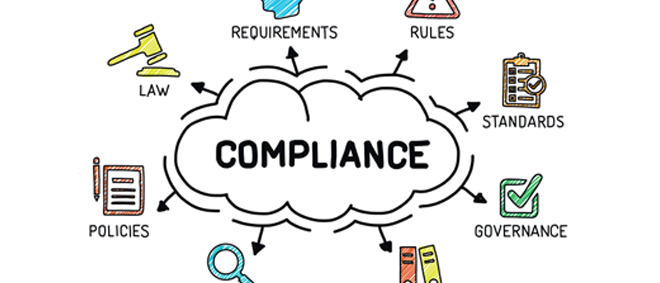On December 10, 2020, the U.S. Department of the Treasury’s Financial Crimes Enforcement Network (“FinCEN”) issued a Fact Sheet clarifying the circumstances under which financial institutions can share information under Section 314(b) of the USA Patriot Act (“Section 314(b)”), 31 C.F.R. § 1010.540. In a speech on the same day, FinCEN’s director, Kenneth Blanco, urged financial institutions to take advantage of the program.
Continue Reading FinCEN Provides Clarity for Section 314(b) Information Sharing



